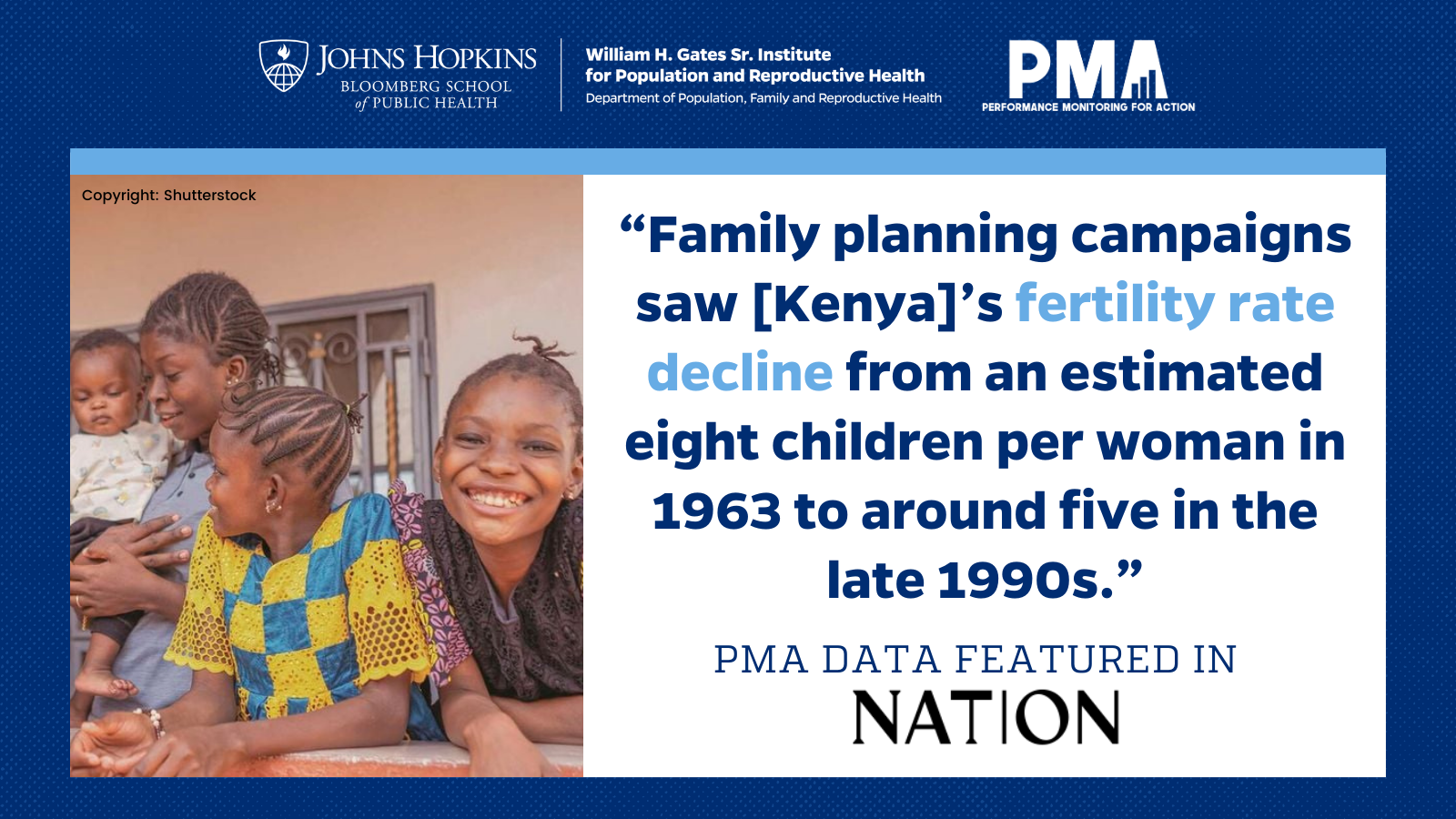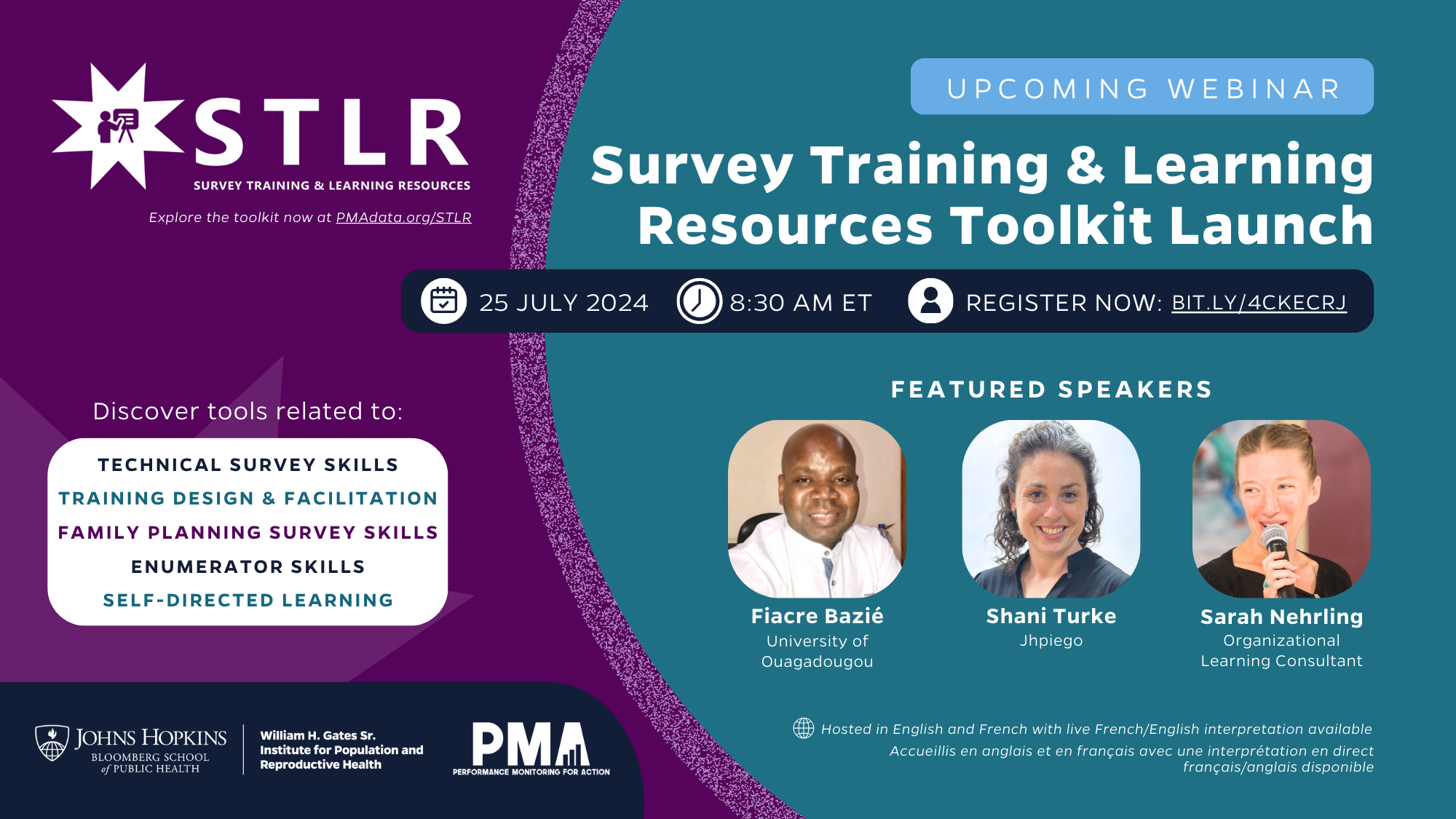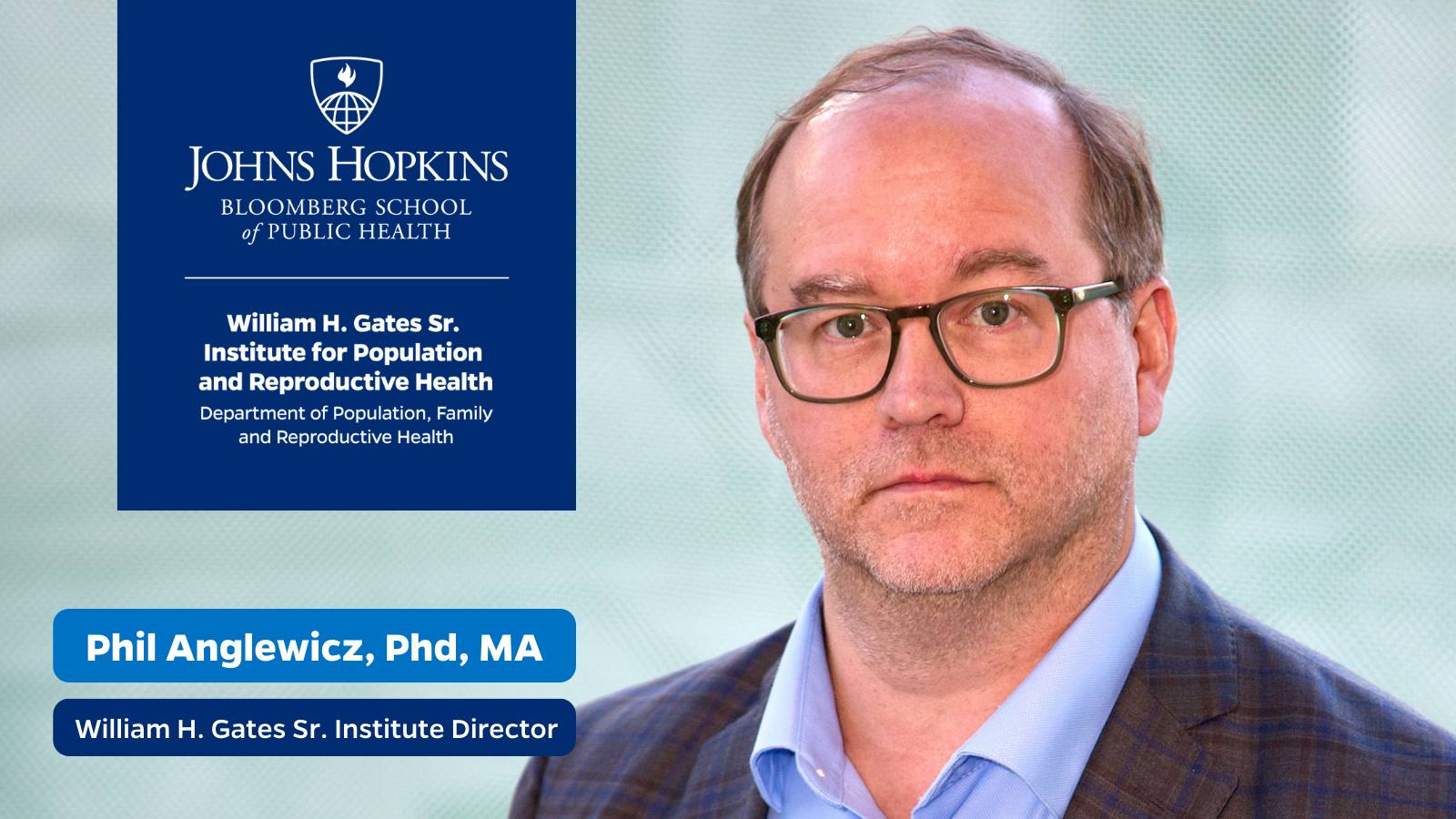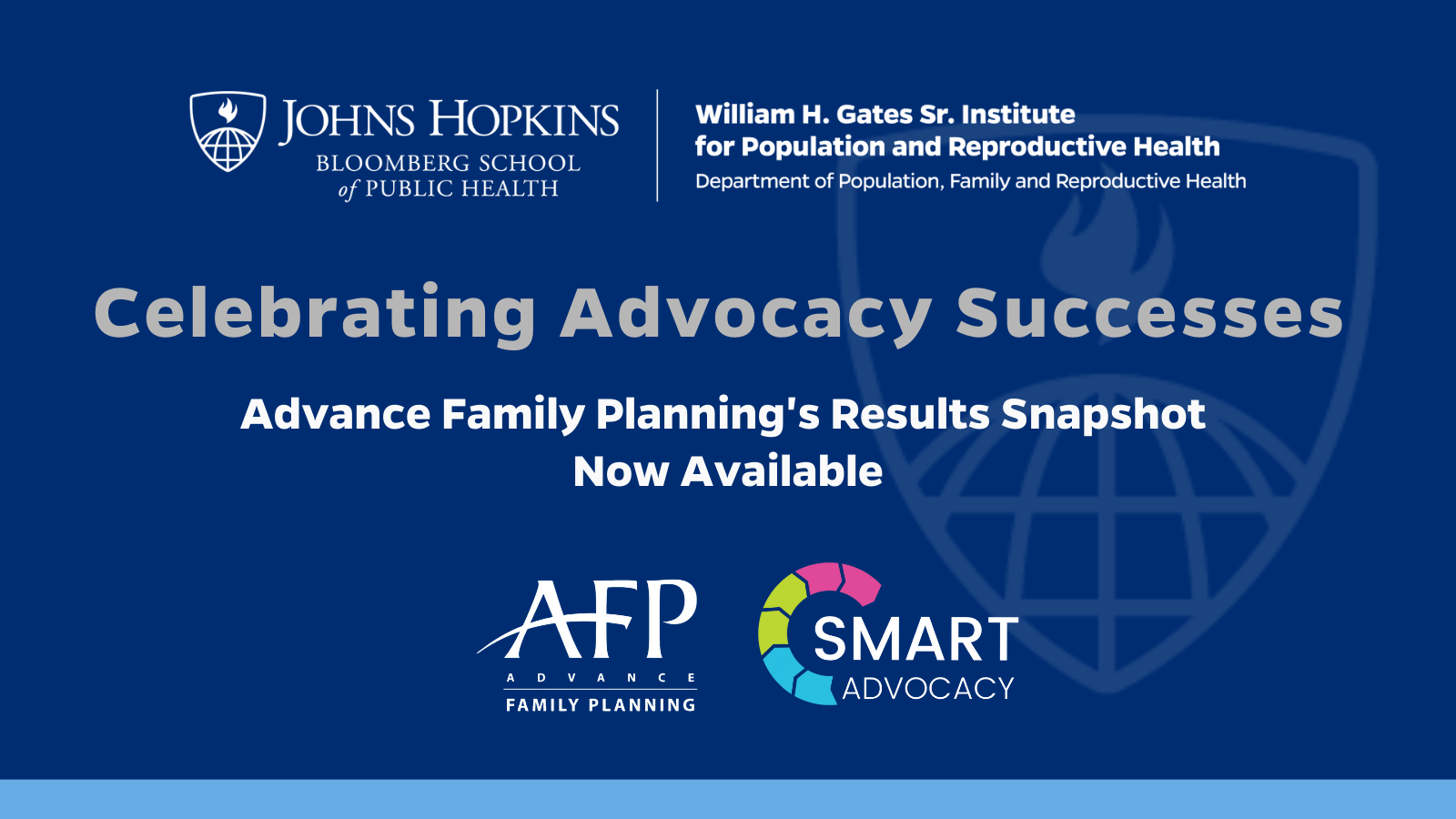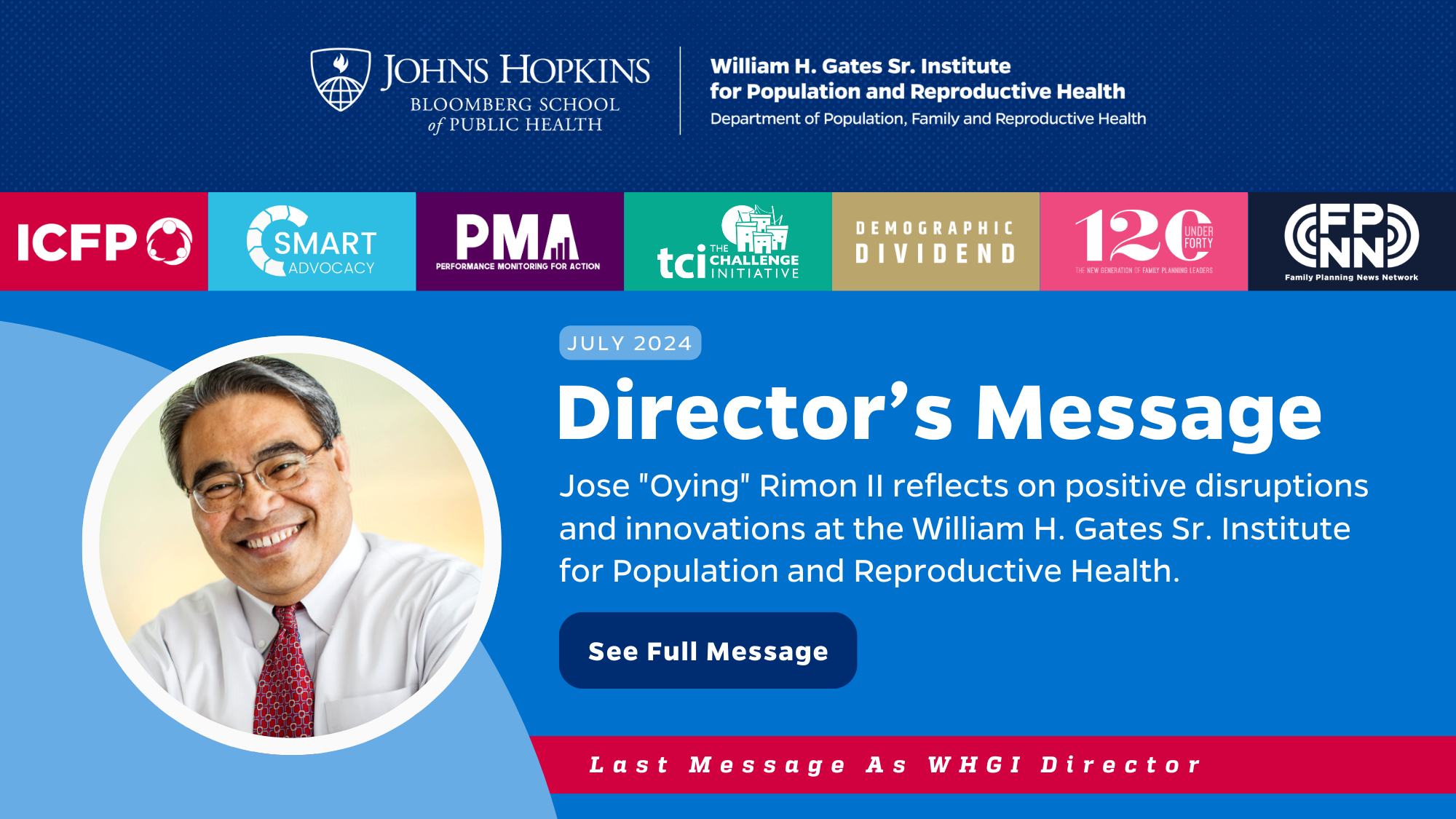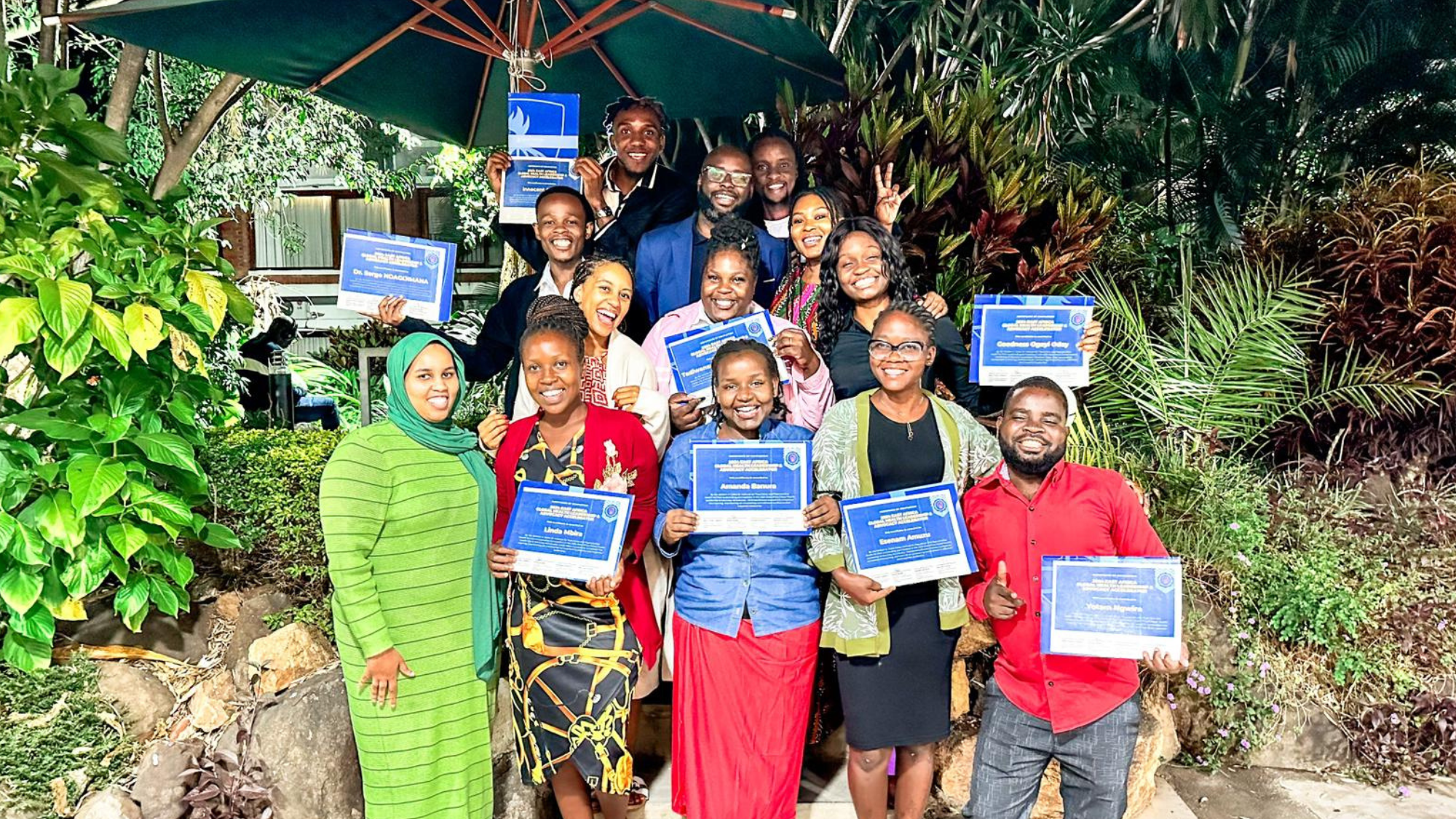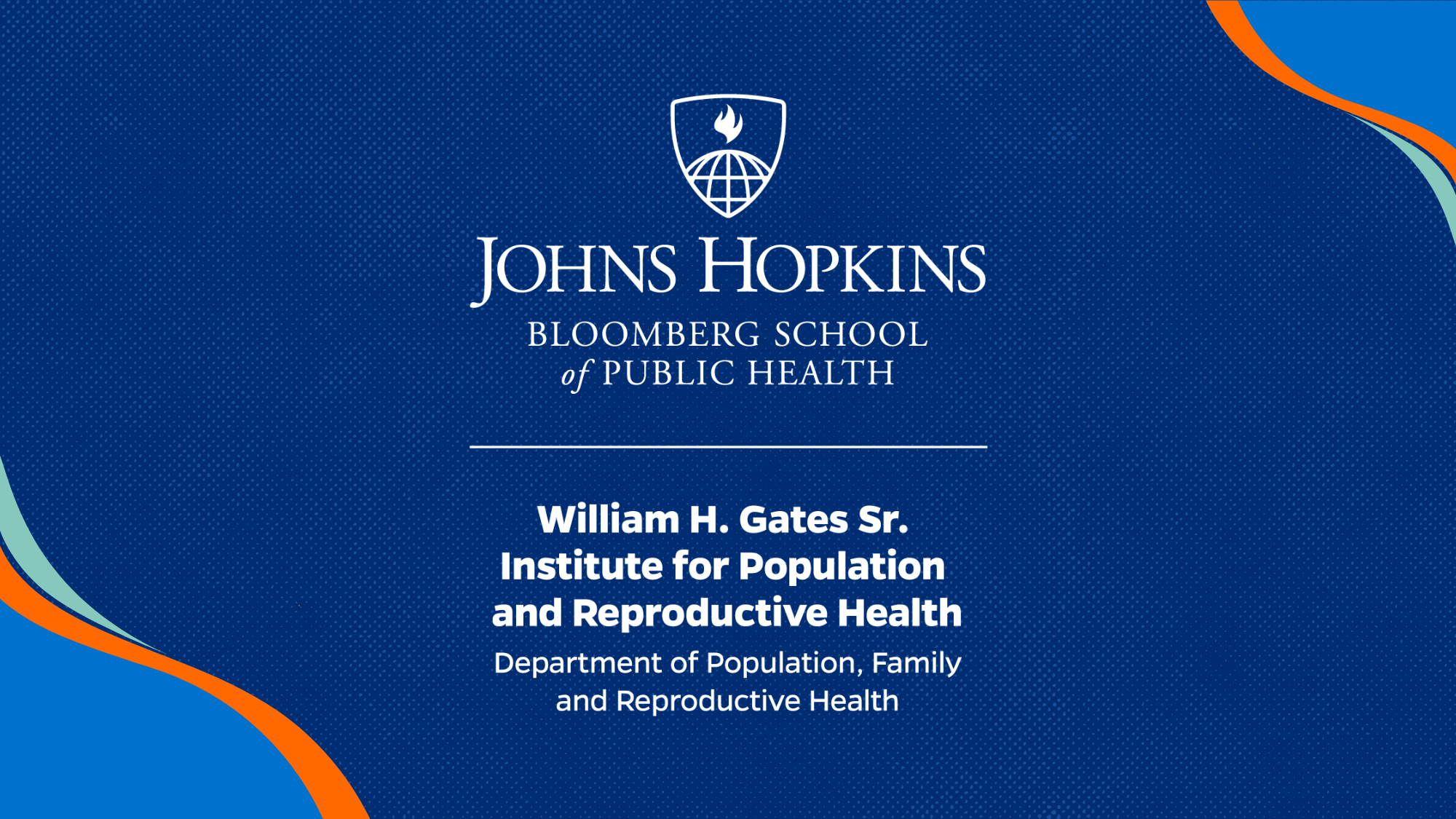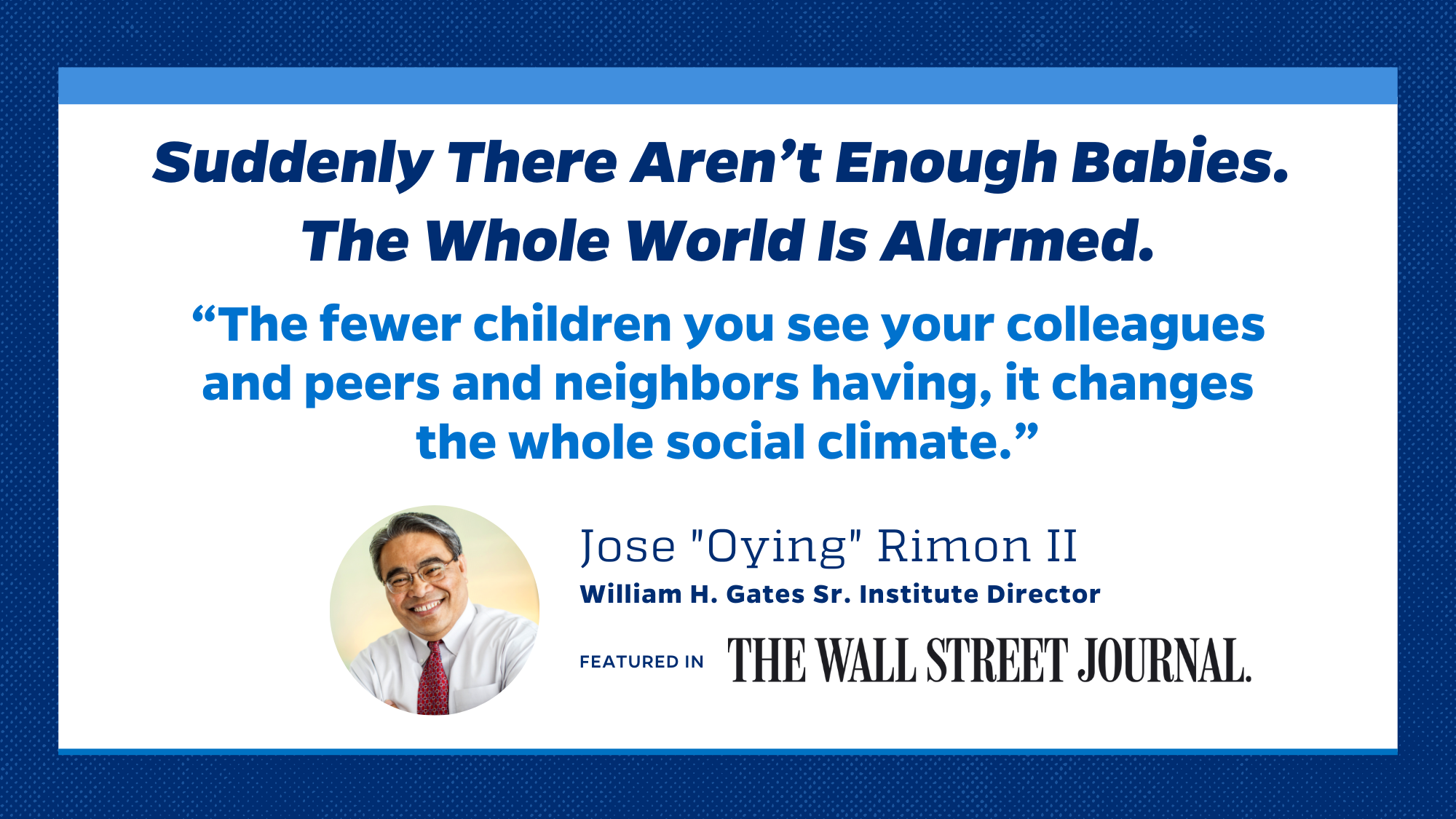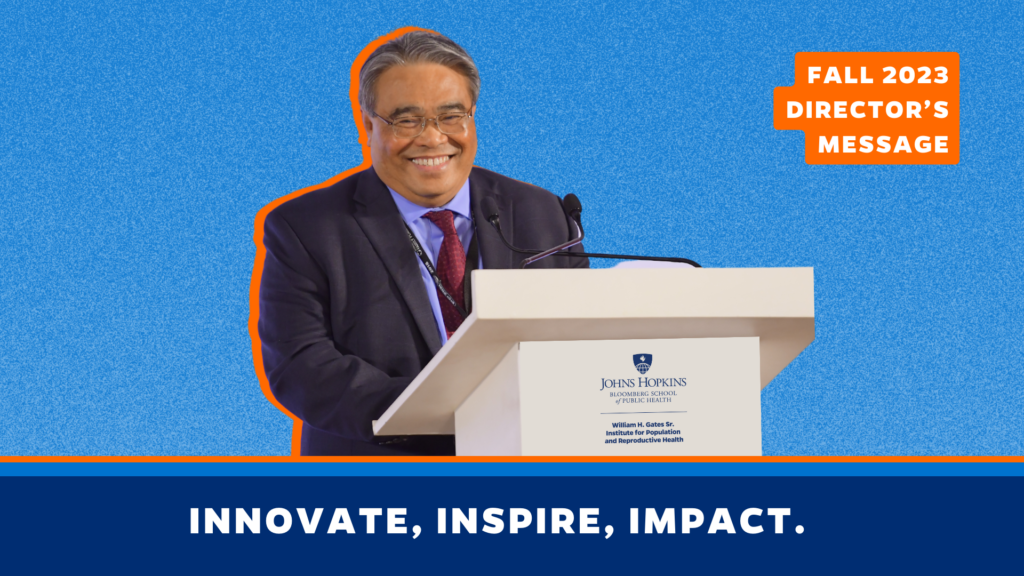
After two decades of advancing scholarship and science for social change and pioneering advancements in sexual and reproductive health and rights, gender equity, and family planning, the institute will be officially known as the William H. Gates Sr. Institute for Population and Reproductive Health. This renaming not only celebrates William H. Gates Sr.’s profound influence on global health philanthropy but also acknowledges his foundational support, enabling the institute’s remarkable journey over the past 24 years.
William H. Gates Sr.’s Profound Influence on Global Health Philanthropy
The Institute’s new name honors the late William H. Gates Sr. (1925-2020) and his inspirational role in global health philanthropy and lifelong contributions to improving family planning, reproductive health, and health equity on a worldwide scale. His dedication to fighting global inequity and uplifting the voices of others inspired our mission and enabled Gates Institute to train the leaders of today and tomorrow, engage in revolutionary research, lead innovative programs, and make “positive disruptions” to increase family planning access and improve reproductive health across the world.
To honor the legacy of Bill Gates Sr. and address the most pressing reproductive health challenges of today, the Institute has synthesized our strategic priorities to form five interconnected Global Programs—Research, Measurement, and Data Monitoring; Policy, Advocacy, and Community-building; Best Practices Scale Up; Next Generation Leaders; and Demographic Futures, Population, and Environment—alongside our cross-cutting Gender Equity work.
From Project to Platforms: the Future of Global Health
Within our Global Programs lie various platforms for investment. As outlined in my previous Director’s Message, the future of global development programming lies in embracing the power of platforms rather than conventional projects. These multi-layered ecosystems offer a transformative approach to addressing health and development challenges, enabling scalability, sustainability, and cost-effectiveness. Gates Institute will continue to embrace the platform approach while relying on our expansive global network of partners to drive impactful and sustainable change.
Below, I’ve outlined aspects of our five global programs that most excite me for the future.
Actionable Measurement: Data for Informed Decision Making
Effective monitoring and evaluation are essential components of any successful global health initiative. The focus should be on actionable measurement, which means collecting data that can directly inform policies, programs, and practices. Real-time and near-time data are vital because they enable timely decision-making and course corrections, leading to more effective and responsive interventions.
When considering demographic futures, it’s crucial to address the nuanced challenges faced by women and families. While concerns about coercion in family planning and reproductive health are valid, it’s essential to recognize that the prevailing reality often involves societal pressure on women and wives to have children. Debunking myths about population collapse is important because even if one waved a magic wand on everyone only having two children (replacement fertility), the global population will continue to grow for several decades as a function of the concept of population momentum. Understanding these dynamics is vital for informed decision-making.
Impact at Scale: Lessons from The Challenge Initiative
Scaling up best practices in global health is not just about size and reach; it’s about impact at scale, which is sustainable and cost-effective. The fundamentals of successful scale-up, as exemplified by The Challenge Initiative (TCI), emphasize that scale without impact is hollow, unsustainable impact is inadequate, and cost-ineffective impact is impractical. A critical component often overlooked is the “missing middle”—the need to delve into the specifics of what health system changes are necessary to make a program sustainable.
Strategic Advocacy and Community Building: Fostering Global Collaboration
To effectively mobilize support and resources for advocacy and community-building, it’s important to highlight and prioritize the most compelling components for stakeholders. Localization is important and the right direction to take, however, it is not enough. It is crucial to approach localization thoughtfully to avoid creating successful but isolated advocacy programs, which are unconnected within the country itself or with other countries through south-south learning, or not linked to global efforts and initiatives. As seen in the case of the International Conference of Family Planning, fostering a shared accountability model across countries and organizations enables meaningful opportunities for collaboration and lasting impact across the global health community.
It is also critical to understand that to advance global health, the role of institutions in the global north is crucial. For the Global North to maintain and increase its support for global health issues, it needs a strong political constituency—especially those who are represented by civil societies, international NGOs, and academic institutions. Without the support of these political constituencies, it is likely that the resolve to support critical global initiatives, including preparedness to fight pandemics will wane, if not disappear.
Youth Engagement: Shaping the Future
Engaging youth through initiatives like the Adolescent and Youth Sexual and Reproductive Health (AYSRH) Global Roadmap for Action is imperative, as young people bring creativity, commitment, and passion to the table. Organizations that are not prioritizing the meaningful engagement of youth will ultimately be left behind as the landscape shifts to prioritizing localized, age-inclusive expertise to advocacy and policy interventions. Organizations and initiatives must continue to prioritize preparing the next generation of leaders to strengthen their capacity and visibility to take on the future’s most pressing global health issues.
Gender Equity: Gateway to Fundamental Health and Development Outcomes
Gender equity is a crucial aspect of global health, and achieving gender equity will initiate a ripple effect across the reproductive health sector, including improving family planning access and reducing maternal mortality. Recognizing mothers as producers of health and households as key players in this equation emphasizes the pivotal role women play in driving positive health outcomes within their families and communities. Not only crucial within the global health sector, gender equity can serve as a “gateway” to developing sustainable communities by improving outcomes in other areas such as agriculture.
New Ways of Thinking and Doing: Global Health in the Era of Artificial Intelligence
To conclude, Gates Institute will continue to be a game-changing force in advancing SRHR, gender equity, and environmental sustainability. We will break down barriers with innovative approaches to meet the unique needs of marginalized communities in the areas in which we work. To achieve our mission of cultivating new ways of thinking and doing to accelerate locally led progress, we will join together with our local partners to have the greatest impact on the greatest number of people, especially those in under-resourced and marginalized communities.
We will explore the use of artificial intelligence for improving global health, as we believe it will become a mega-trend as technology leaps and adapts to our rapidly changing global landscape. We look to carry on the legacy of William H. Gates Sr. and his towering and inspirational role in global health philanthropy, as well as his lifelong contributions to improving family planning, reproductive health, and health equity on a global scale.

